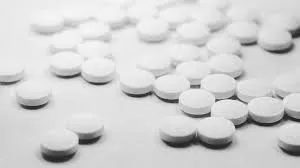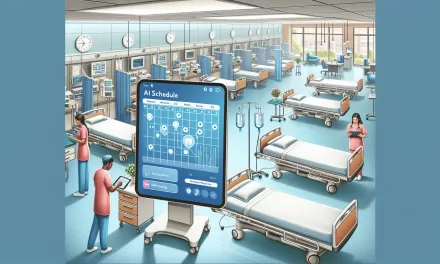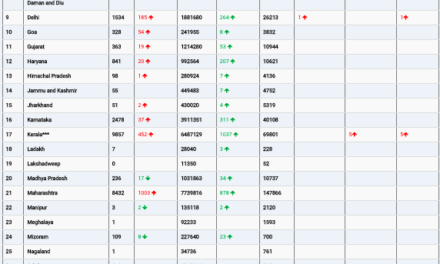Hong Kong – A recent study conducted by the University of Hong Kong (HKUMed) has revealed a significant problem: 80% of stroke patients labeled as having allergies to Non-Steroidal Anti-Inflammatory Drugs (NSAIDs) were misdiagnosed. This mislabeling has severe consequences, as it prevents patients from receiving aspirin, a crucial medication for stroke prevention and treatment.
The study, published in the journal Stroke, analyzed data from over 1,000 stroke patients and found that those with NSAID allergy labels were significantly less likely to receive aspirin, leading to a higher risk of death and other cardiovascular complications.
“Aspirin is a cornerstone of stroke prevention,” said Dr. Gary Lau Kui-kai, Director of HKU Stroke. “Denying patients this vital medication due to inaccurate allergy labels has serious and potentially life-threatening consequences.”
The research highlights a critical gap in patient care. Many patients carry inaccurate allergy labels throughout their lives, unknowingly limiting their treatment options.
“Patients were often shocked to learn that their allergies were mislabeled,” said Cheryl Tsui Cheuk-wun, the undergraduate student who led the research. “This underscores the urgent need for proper drug allergy evaluations.”
The study emphasizes the importance of expanding access to drug allergy testing services. Dr. Philip Li, a Clinical Assistant Professor at HKUMed, advocates for innovative approaches, such as involving community pharmacists in the evaluation process.
“Mislabeled allergies not only hinder effective treatment but can also lead to patients using less effective and potentially riskier medications,” Dr. Li said. “Addressing this issue is crucial for improving patient outcomes and public health.”
This research serves as a wake-up call for the medical community to re-evaluate and address the issue of mislabeled drug allergies. By improving diagnosis and treatment, healthcare providers can significantly improve the lives of stroke patients and reduce the burden of cardiovascular disease.












